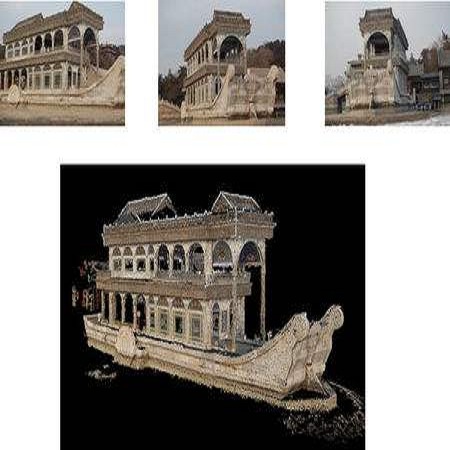Colonoscopy is the most widely used medical technique for preventing Colorectal Cancer, by detecting and removing polyps before they become malignant. Recent studies show that around one quarter of the existing polyps are routinely missed. While some of these do appear in the endoscopist's field of view, others are missed due to a partial coverage of the colon. The task of detecting and marking unseen regions of the colon has been addressed in recent work, where the common approach is based on dense 3D reconstruction, which proves to be challenging due to lack of 3D ground truth and periods with poor visual content. In this paper we propose a novel and complementary method to detect deficient local coverage in real-time for video segments where a reliable 3D reconstruction is impossible. Our method aims to identify skips along the colon caused by a drifted position of the endoscope during poor visibility time intervals. The proposed solution consists of two phases. During the first, time segments with good visibility of the colon and gaps between them are identified. During the second phase, a trained model operates on each gap, answering the question: Do you observe the same scene before and after the gap? If the answer is negative, the endoscopist is alerted and can be directed to the appropriate area in real-time. The second phase model is trained using a contrastive loss based on auto-generated examples. Our method evaluation on a dataset of 250 procedures annotated by trained physicians provides sensitivity of 0.75 with specificity of 0.9.
翻译:暂无翻译



